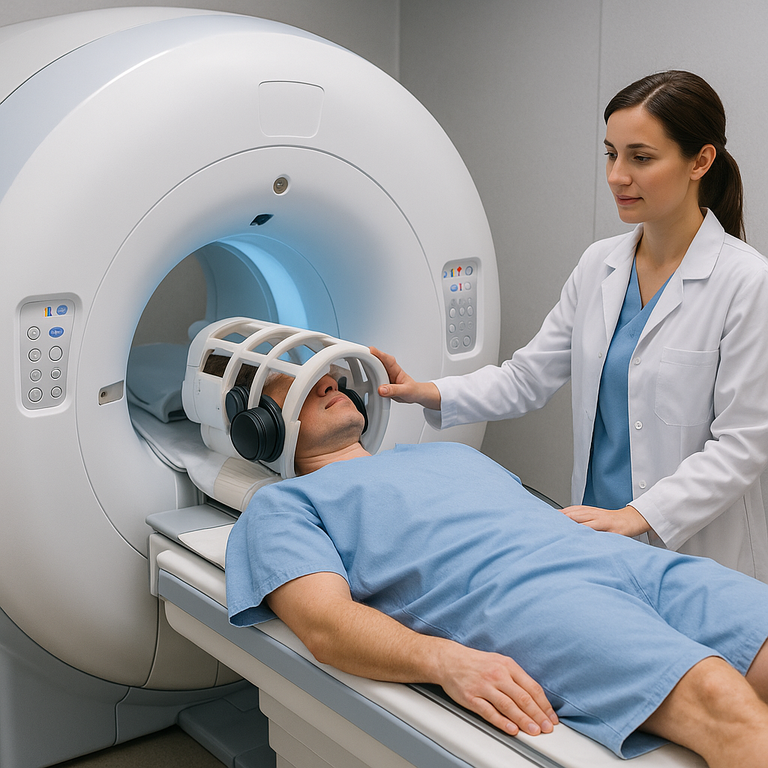Optimists - Tend to think alike, Pessimists think differently...
New research from Kobe University recently revealed that optimists' brains tend to display similar neural activity patterns when contemplating the future, yet pessimists' brains are far more variable.
Using 'functional magnetic resonance imaging' (fMRI), the study tracked the neural activity in the medial prefrontal cortex — a part of the brain strongly implicated in self-referential thinking and future thinking. While optimists' neural maps overlapped from person to person, each pessimist's brain activity patterns varied in their own unique way
It could well be that people with a positive outlook tend to have bigger social networks, more relationship satisfaction, and emotional support precisely because they're quite literally "on the same wavelength" as other people

Clarity vs. Chaos — How Future Thinking Differs
The study also found variation in how optimists encode negative and positive future events. Optimists show greater neural differentiation between hopeful and bad outcomes, suggesting that they represent these possibilities in a more abstract, structured manner—possibly reducing emotional overwhelm
In contrast, pessimists don't show this neural mirroring, which implies that each pessimist is experiencing future possibilities in his or her own individual cognitive style - perhaps struggling with details, worries, and outcomes in intensely personal manners.
The "Anna Karenina Principle" in the Brain
Several news outlets and science commentators have likened this trend to Leo Tolstoy's line from Anna Karenina—"All happy families are alike; each unhappy family is unhappy in its own way." This study sounds the same note: "Optimistic individuals are all alike, but every less optimistic individual imagines the future in his or her own way"
But are there any benefits for Pessimistic thinking...?
While these neural findings highlight a connection between optimism and social coherence, pessimism has its own merits — especially in strategic planning or performance under pressure. Defensive pessimism theory specifies individuals who anticipate negative outcomes to plan meticulously, and they perform as well or even better through greater forecasting and planning
Cultivating Optimism
Optimism is not necessarily an innate characteristic— numerous psychological theories promote developing a more optimistic attitude. Learned optimism is one such approach, developed by Martin Seligman, which entails disputing negative assumptions and reframing them —ultimately building resilience, less stress, and improved health outcomes
Yet we need to be careful - unrealistically optimistic ideas about the future mean goals will not be met, which could lead to misery!
Final Thoughts
This is a fascinating study but I can't help but liken Optimists to the Eloi - happy together in a vacuous sort of way that disregards misery in the world..?
And I'm also reminded of that age old question... would you rather be ignorant and happy or know the truth and be miserable....?
But perhaps that's doing optimists a disservice...?
It is great how being optimistic brings people together, whereas being pessimistic tends to lead to a more chaotic and individualistic way of thinking about the future.